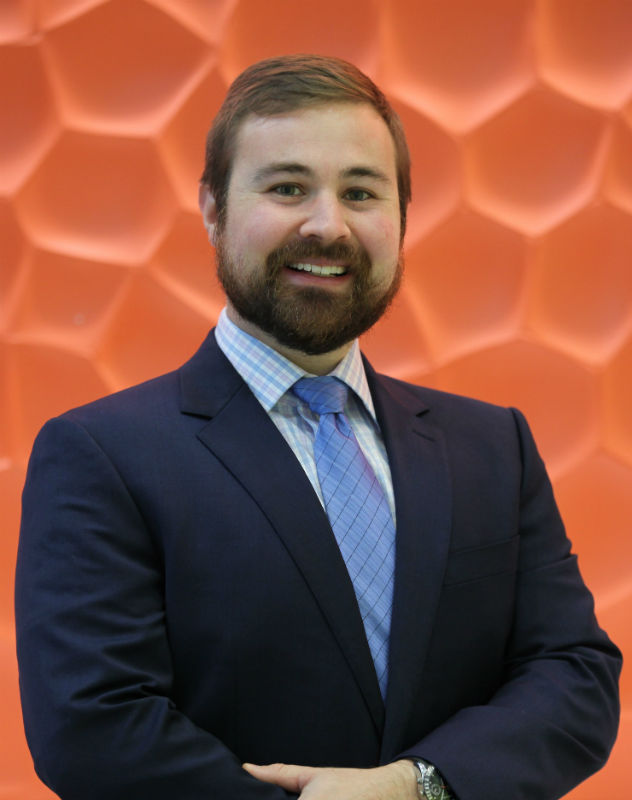Research Experience and Training Coordination Core (RETCC)
Statement of Purpose
The RETCC will collaborate with projects and cores to support a coordinated systems approach to transdisciplinary, problem-based, solution-oriented research experience and training for a diverse group of graduate students and postdoctoral fellows. The goal of the RETCC is to prepare a generation of leaders for careers that require not only a technical depth of understanding, but also multi-disciplinary and communication skills (translation skills). Trainees will be able to effectively address complex health problems related to VOCs, including their impact on pre-term birth in urban settings, through professional careers in the environmental and/or biomedical sciences.
Work of the RETCC
1. Work with Projects and Cores to develop trainee opportunities
RETCC supports the overall Center by working with the Administrative Core (AC) and the project/core leaders to develop and promote the use of an interactive Individual Development Plan (IDP) tool that will be used as the basis for a research experience and training system. It integrates a wide range of trainee development opportunities across projects and cores, based on the specific careers goals of each trainee. In consultation with the projects and core leadership, the RETCC facilitates a range of career and leadership development opportunities such as cross-disciplinary, hands-on opportunities with field and laboratory research, access to WSU core facilities, and funding for scientific conference travel and pilot studies.
2. Coordinate interdisciplinary courses
RETCC coordinates existing interdisciplinary courses taught by CLEAR faculty in order to offer trainees an opportunity to earn a Graduate Certificate in Urban Environmental Health.
3. Coordinate micro-internships
RETCC coordinates micro-internships with the Community Engagement Core (CEC) and the AC’s Research Translation (RT) function, where trainees deepen their understanding of community interactions and needs by engaging in a variety of cross-communication and cross-collaboration opportunities with a variety of internal and external stakeholders.
4. Facilitate hands-on workshops
RETCC collaborates with the Data Management and Analysis Core (DMAC) to offer hands-on workshops for
trainees, provide data sharing opportunities, and coordinate access to their facilities and expertise.
5. Support trainees
CLEAR anticipates supporting 12 PhD students and 1 post-doctoral fellowship position per year.
Expected Outcomes
The goal of the RETCC is to prepare a generation of leaders for careers that require not only a technical depth of un- derstanding, but also multi-disciplinary and communication skills (translation skills). Trainees will be able to effectively address complex health problems related to VOCs, including their impact on pre-term birth in urban settings, through professional careers in the environmental and/or biomedical sciences.
RETCC Leaders
 | Donna Kashian, Ph.D. Director, Environmental Sciences Professor, Department of Biological Sciences Co-Investigator, CLEAR, Wayne State University |
 | Ingrid Guerra-Lopez, Ph.D. Dean, College of Educationn and Human Development Professor, Learning Design and Technology George Mason University Co-Investigator, CLEAR, Wayne State University |
 | Michael Petriello, Ph.D. Assistant Professor, Institute of Environmental Health Sciences Department of Pharmacology Co-Investigator, CLEAR, Wayne State University |